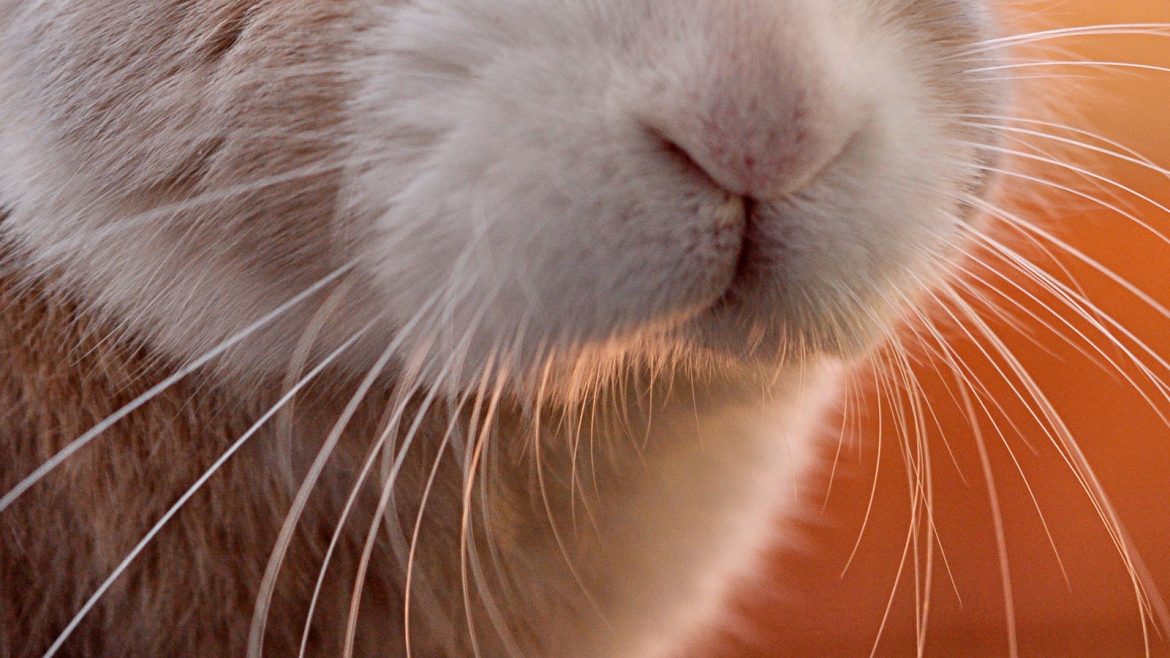As pet owners, we love our furry friends unconditionally. However, when it comes to their urinary issues, it can be a bit of a challenge. Whether it’s a sudden change in behavior or a recurring problem, pet urinary issues can be frustrating and worrisome. But fear not, there are ways to treat and prevent these problems. In this article, we’ll explore some tips and tricks for managing your pet’s pee problems, so you can both enjoy a happy and healthy life together.
1. “Potty Problems? Here’s How to Help Your Pet with Urinary Issues”
If your pet is experiencing urinary issues, it can be a frustrating and concerning situation. However, there are steps you can take to help your furry friend feel more comfortable and get back to their normal routine. Here are some tips to keep in mind:
– Make sure your pet has access to plenty of water. Dehydration can exacerbate urinary issues, so it’s important to encourage your pet to drink as much water as possible. Consider adding a water fountain or leaving multiple water bowls around your home to make it easy for your pet to stay hydrated.
– Monitor your pet’s diet. Certain foods can irritate the bladder and make urinary issues worse. Talk to your veterinarian about the best diet for your pet’s specific needs, and consider feeding them a high-quality, low-ingredient food that is free from common allergens.
– Take your pet outside frequently. If your pet is experiencing urinary issues, they may need to go outside more often than usual. Make sure you are taking them out on a regular schedule and giving them plenty of opportunities to go to the bathroom.
– Consider using a urinary supplement. There are a variety of supplements on the market that can help support your pet’s urinary health. Talk to your veterinarian about which one might be right for your pet.
By following these tips, you can help your pet feel more comfortable and get back to their normal routine. Remember to always consult with your veterinarian if you have any concerns about your pet’s health.
2. “From Leaks to Infections: A Guide to Treating Your Pet’s Pee Problems”
Pets are prone to urinary tract infections (UTIs) and other pee problems, which can be caused by a variety of factors such as poor hygiene, diet, and underlying medical conditions. If left untreated, these issues can lead to serious health complications, so it’s important to seek veterinary care as soon as you notice any symptoms.
Here are some tips for treating your pet’s pee problems:
- Keep their environment clean: Regularly clean your pet’s litter box or designated pee area to prevent the buildup of bacteria and other harmful substances.
- Provide plenty of water: Encourage your pet to drink plenty of water to help flush out their urinary tract and prevent dehydration.
- Switch up their diet: Certain foods can exacerbate pee problems, so talk to your vet about switching your pet to a diet that’s better suited for their needs.
- Administer medication: Depending on the severity of your pet’s pee problem, your vet may prescribe medication to help alleviate symptoms and prevent further complications.
Remember, prevention is key when it comes to your pet’s pee problems. By maintaining good hygiene, providing proper nutrition, and seeking veterinary care when necessary, you can help keep your furry friend healthy and happy.
3. “No More Accidents: Expert Tips for Managing Your Pet’s Urinary Health
As pet owners, we all want our furry friends to be healthy and happy. One important aspect of their health is their urinary system. Urinary problems can be painful and uncomfortable for your pet, and can even lead to serious health issues if left untreated. Here are some expert tips for managing your pet’s urinary health:
- Provide plenty of water: Make sure your pet has access to fresh, clean water at all times. This will help flush out their urinary system and prevent infections.
- Feed a balanced diet: A balanced diet is important for your pet’s overall health, including their urinary health. Talk to your vet about the best diet for your pet.
- Take your pet for regular check-ups: Regular check-ups with your vet can help catch any urinary problems early on, before they become more serious.
- Keep the litter box clean: If you have a cat, make sure their litter box is clean and changed regularly. A dirty litter box can lead to urinary tract infections.
By following these expert tips, you can help keep your pet’s urinary system healthy and prevent any accidents or health issues. If you notice any signs of urinary problems, such as frequent urination, blood in the urine, or straining to urinate, be sure to contact your vet right away.
In conclusion, dealing with pet urinary issues can be a frustrating and stressful experience for both you and your furry friend. However, with the right knowledge and treatment, you can help your pet overcome their pee problems and live a happy, healthy life. Remember to always consult with your veterinarian and follow their advice, as every pet’s situation is unique. With patience and perseverance, you and your pet can overcome any urinary issues that come your way.

